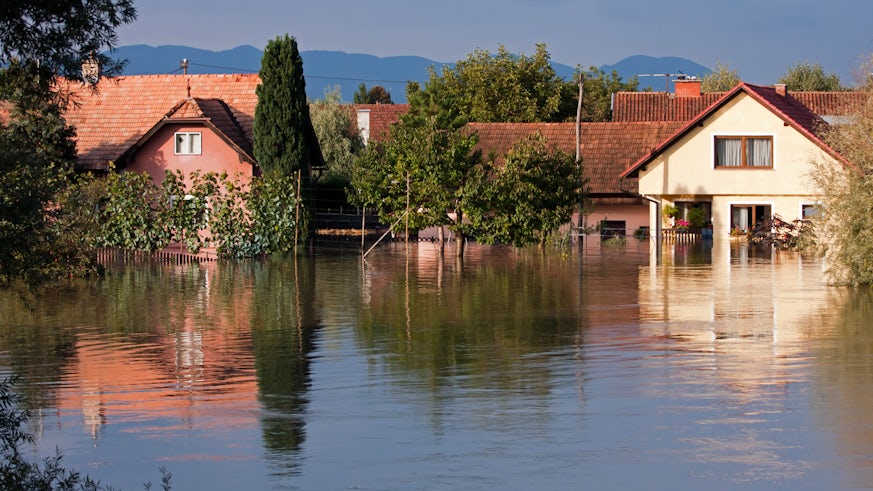PhD Insights: Climate change and human rights
25 February 2020

PhD student Sam Varvastian analyses rights-based claims related to climate change issues that endanger the lives and livelihoods of communities across the globe.
Rights-based claims related to climate change are becoming more and more common. Individuals and non-governmental organizations increasingly challenge governmental inaction on greenhouse gas emissions and try to obtain compensation from fossil fuel companies for contributing to climate change impacts. But the question is: can invoking different rights enshrined in national constitutions or international law persuade the courts to take the necessary measures?
Sam's research focuses on environmental law and litigation. He particularly studies large-scale problems that endanger the lives and livelihoods of communities across the globe, such as climate change and air pollution.
His project is also directly relevant to water issues. Climate change causes sea level rise, threatening coastal communities with flooding and contamination of drinking water. This inevitably puts the rights to life, health and property under threat, especially if the authorities fail to consider the current and predicted impacts of climate change, as required by environmental impact assessment legislation, such as the UK Flood Risk Regulations.
The legal principles related to governmental protection of water resources can be instrumental in requiring the governments to protect the atmosphere from pollution by greenhouse gas emissions.
For example, in the United States, plaintiffs have asked the courts to apply the public trust doctrine, requiring the government to hold vital natural resources in trust for the public beneficiaries, to protect the atmosphere from these emissions. Traditionally, the doctrine was limited to navigable and tidal waters, but in recent years courts have started expanding the doctrine to protect wildlife, ecosystems, non-navigable waters as well as parks and beaches.
You can learn more about Sam’s work from his Google Scholar profile and Twitter account @SamVarvastian and contact him at varvastians@cardiff.ac.uk.
